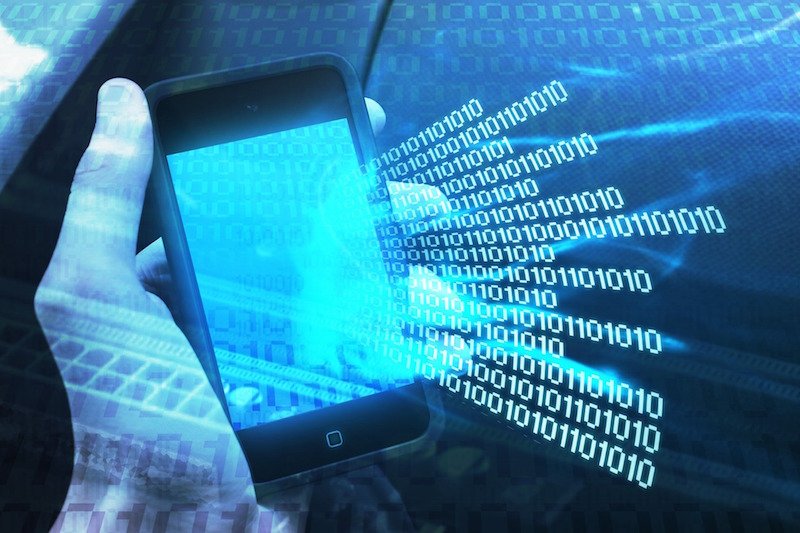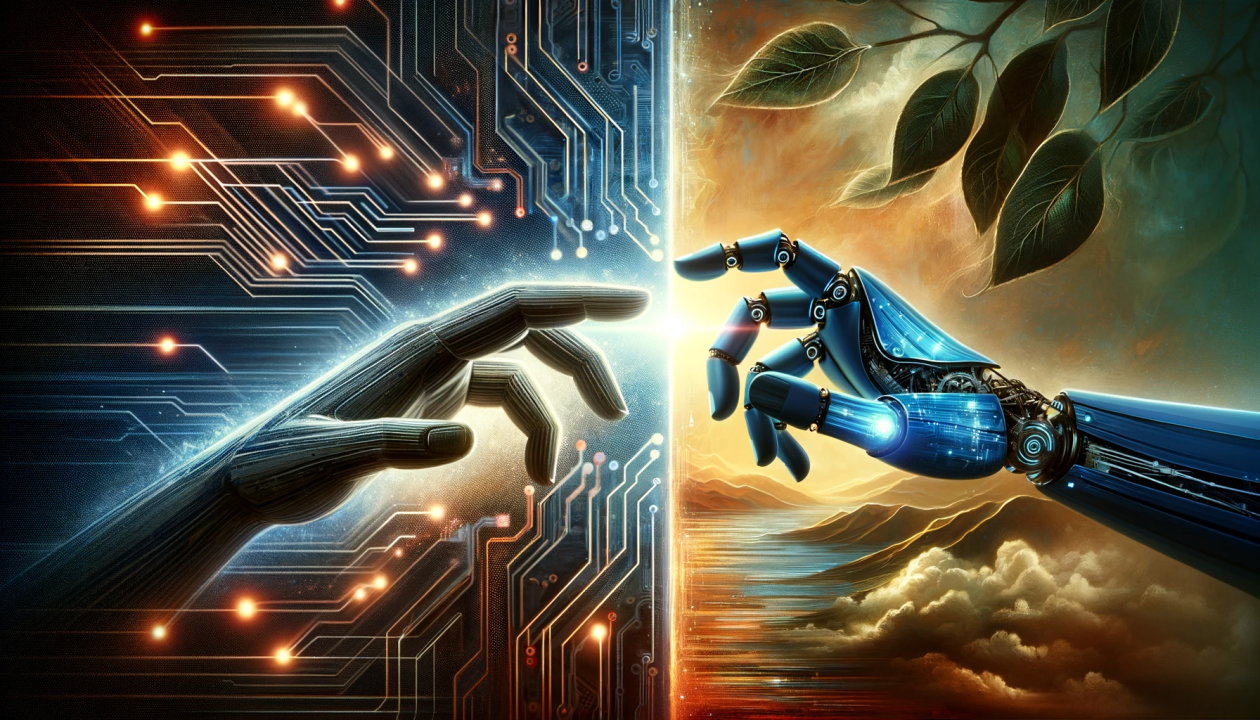The Intersection of Technology and Human Rights: Navigating Ethical Dilemmas
Introduction
Technology has revolutionized our lives, offering unprecedented opportunities and efficiencies. However, this rapid advancement also brings significant ethical dilemmas, especially regarding human rights. As technology continues to evolve, it is crucial to navigate its impact on privacy, freedom, and equality. This article explores the intersection of technology and human rights, highlighting key ethical challenges and potential solutions.

Privacy and Surveillance
The Rise of Digital Surveillance
Digital technology enables extensive data collection and surveillance, raising concerns about privacy and individual freedoms. Governments and corporations often gather personal information through various means, including social media, internet activity, and mobile devices. While surveillance can enhance security, it also risks infringing on privacy rights and freedoms.
Balancing Security and Privacy
Finding a balance between security and privacy is a significant ethical challenge. Implementing effective privacy regulations and transparency measures can help protect individuals from excessive surveillance. Ensuring that data collection practices are ethical and justified is crucial for upholding human rights in the digital age.
Data Protection and Cybersecurity
Risks of Data Breaches
Data breaches and cyberattacks pose serious risks to personal information and security. When sensitive data is compromised, it can lead to identity theft, financial loss, and other harms. Protecting data through robust cybersecurity measures is essential to safeguard individual rights and prevent misuse.
Ensuring Data Protection
Implementing strong data protection policies and practices is vital for safeguarding human rights. This includes securing personal information, providing individuals with control over their data, and enforcing strict data handling and storage protocols. Promoting transparency and accountability in data practices helps build trust and protect privacy.
Artificial Intelligence and Bias
The Challenge of Algorithmic Bias
Artificial intelligence (AI) systems can inadvertently perpetuate biases present in training data. These biases can lead to discriminatory outcomes in areas such as hiring, law enforcement, and lending. Addressing algorithmic bias is crucial for ensuring that AI technologies do not reinforce existing inequalities.
Developing Fair and Inclusive AI
Developing fair and inclusive AI requires careful consideration of bias and discrimination. This involves diverse and representative training data, regular audits of AI systems, and transparency in AI decision-making processes. Engaging with stakeholders and experts in human rights can help create more equitable and ethical AI technologies.
Digital Rights and Freedom of Expression
Censorship and Content Moderation
Technology platforms often face challenges related to censorship and content moderation. While these measures are intended to prevent harmful content, they can also infringe on freedom of expression. Striking the right balance between protecting users and upholding free speech is a complex ethical issue.
Promoting Digital Rights
Protecting digital rights involves ensuring that individuals have the freedom to express themselves online without fear of unjust censorship. Developing clear and fair content moderation policies, engaging in open dialogue with users, and advocating for digital rights can help uphold freedom of expression in the digital realm.
Technological Advancements and Social Impact
The Digital Divide
Technological advancements can exacerbate existing inequalities, creating a digital divide between those with access to technology and those without. This divide impacts education, employment, and access to information. Addressing this issue requires efforts to ensure equitable access to technology and digital resources.
Promoting Digital Inclusion
Promoting digital inclusion involves expanding access to technology and digital skills training. Efforts to bridge the digital divide include providing affordable internet access, investing in technology infrastructure, and supporting digital literacy programs. Ensuring that all individuals can benefit from technological advancements is essential for upholding human rights.
The Role of International Standards
Developing Global Guidelines
International standards and guidelines can help address the ethical challenges at the intersection of technology and human rights. Organizations such as the United Nations and the International Telecommunication Union (ITU) play a role in developing frameworks for ethical technology use and human rights protection.
Advocating for Ethical Technology
Advocating for ethical technology involves engaging with policymakers, technology companies, and civil society to promote human rights in technology development and deployment. Collaboration and dialogue among stakeholders are crucial for developing and implementing ethical guidelines and practices.
Conclusion
The intersection of technology and human rights presents complex ethical dilemmas that require careful navigation. Privacy, data protection, AI bias, and digital rights are key areas where technology impacts human rights. Addressing these challenges involves balancing security with privacy, developing fair and inclusive AI systems, protecting freedom of expression, and promoting digital inclusion. By prioritizing ethical considerations and global collaboration, we can ensure that technological advancements uphold and enhance human rights.



